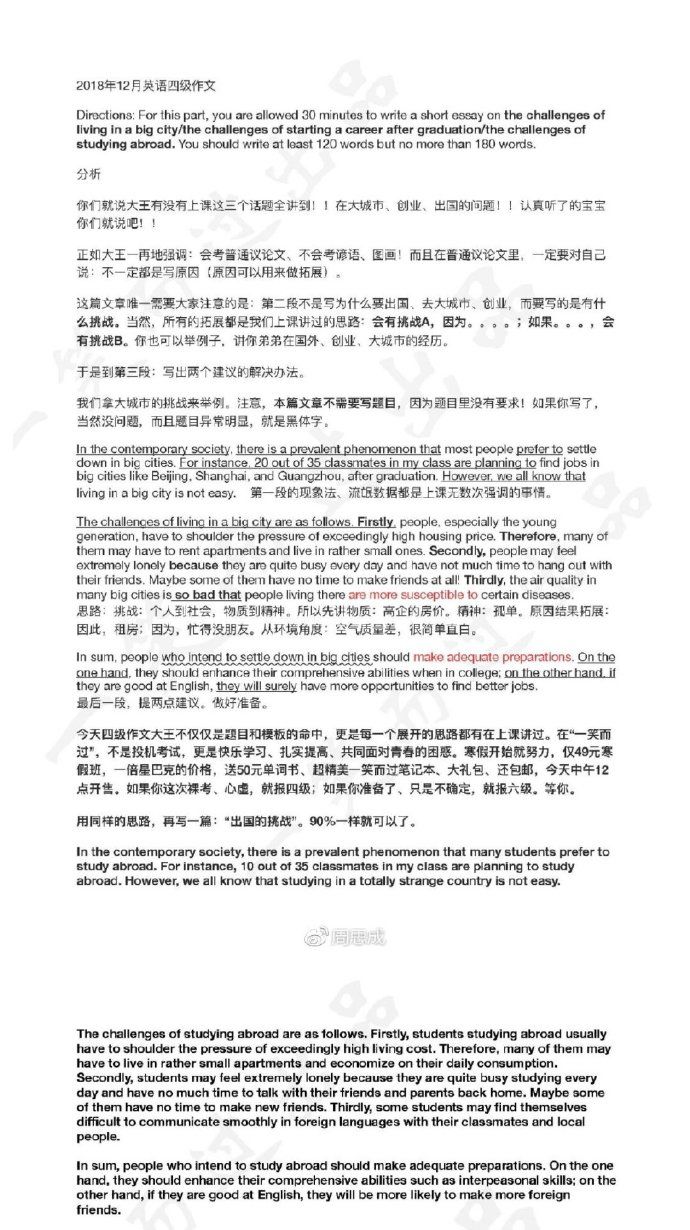Food safety law to be stricter, more onus on govt
|
The latest draft on the food safety law has set stricter food quality standards and given greater responsibility to the government following the baby milk food scandal. The draft requires all health departments to impose safety standards on the use of food additives and bans all harmful chemicals in food products. "Only food additives proven safe, reliable and technically essential through risk assessments will be allowed," says the draft, submitted yesterday to the fifth session of the National People's Congress (NPC) Standing Committee for the third review. "Many legislators have suggested the wide, and even illegal, use of additives poses a big threat to food safety. So the law should have clear stipulations on that," Liu Xirong, deputy director of the NPC Law Committee, said on the first day of the six-day session. "Therefore, the latest draft requires health departments to conduct risk assessments and devise safety standards on the category, place and method of use of additives." The points were drafted amid the milk scandal, in which a wide range of dairy products were found contaminated with melamine. At least four infants died and 54,000 were diagnosed with urinary ailments, including kidney stones, after being fed milk food contaminated with melamine, a chemical that can make dairy products appear high in protein. A total of 3,654 children are still suffering from various ailments, with the condition of three being serious, the Health Ministry said in a notice on its website on Wednesday. Since the scandal first broke out in Shijiazhuang, and the Hebei provincial capital's administration reportedly did not take proper steps to deal with it, the draft emphasizes the responsibilities of local governments to monitor the entire food safety procedure and ensure that small firms follow them strictly. Official figures show small plants, with 10 or fewer workers, account for three-quarters of the food manufacturers in China. The draft empowers the government to ban the sale of and recall unsafe food products if a company fails to do so voluntarily after its products are found contaminated. It says food products cannot be exempted from government quality checks and filing of reports should not be delayed or attempts be made to cover up scandals. Local health departments have been given primary responsibility of handling food safety emergencies. On the other hand, other departments have to submit "immediate reports" to the health departments as soon as they come across food safety incidents. The draft has a provision to scrap a controversial system that allows local food watchdogs to grant exemptions to food producers from government quality checks. Liu said the new points have been added to prevent food scares and handle food safety incidents better. A draft usually undergoes three reviews before being adopted as law. But insiders said voting on the food safety draft is likely to be deferred from the end of this month to late December because the newly added rules have to be debated fully. Food safety experts said that though the latest draft helps solve some of the problems in food safety supervision and emergency handling, it fails to tackle the basic problem of supervision mechanism. At least six departments are involved with food safety at present, which causes overlapping of responsibilities and creates problems for law enforcement. "Though the latest draft has made some to-the-point changes, it's a pity that it fails to reform the supervision process," said Chen Junshi, a senior researcher with the National Institute for Nutrition and Food Safety. "If that mechanism is not changed, supervision won't be effective because coordination among government agencies will remain difficult." |








